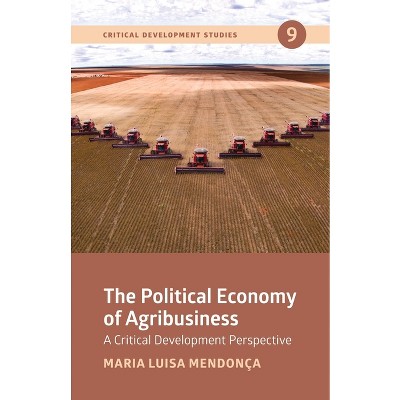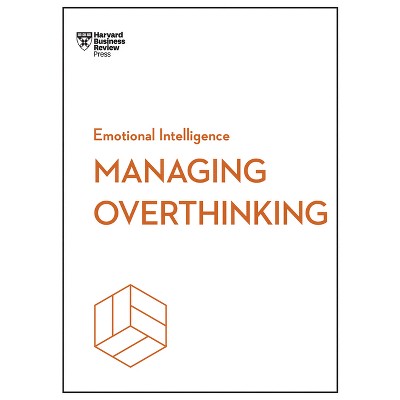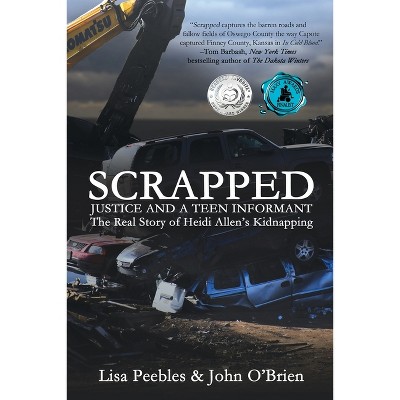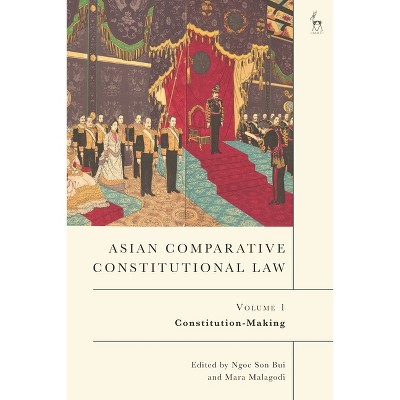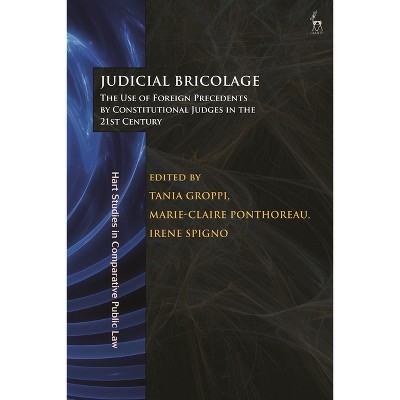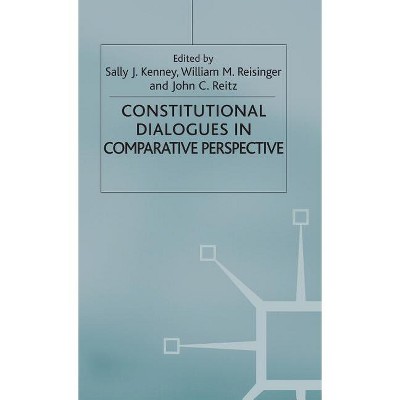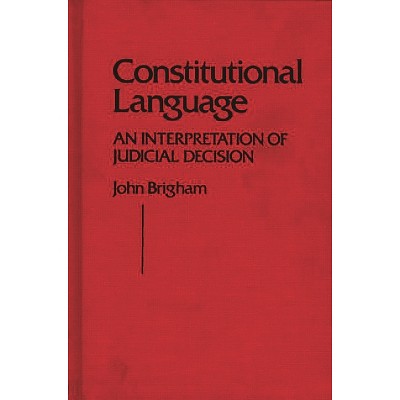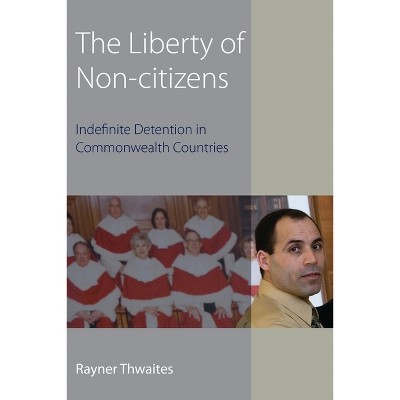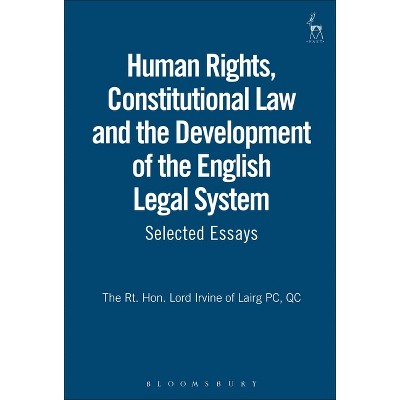Sponsored

The Language of Comparative Constitutional Law - by Erika Arban & Maartje de Visser & Jeong-In Yun (Hardcover)
In Stock
Sponsored
About this item
Highlights
- This volume is the first in-depth collection to explore the impact of language on the field of comparative constitutional law.
- About the Author: Erika Arban is Postdoctoral Fellow at the University of Melbourne, Australia.
- 352 Pages
- Freedom + Security / Law Enforcement, Constitutional
Description
About the Book
Explores the impact of language on the field of comparative constitutional law.Book Synopsis
This volume is the first in-depth collection to explore the impact of language on the field of comparative constitutional law.
It addresses the epistemological and conceptual implications of English as the lingua franca. In this regard, it considers the global influence of Anglophone jurisdictions in orienting the discourse through the identification of concepts, designs and ideas that warrant engagement and exploration outside of those origin jurisdictions. In doing so, the book underscores that language is not a neutral device but can produce hegemonic pressures and expectations. It further makes the role of language in conducting comparative constitutional law explicit, so that its users can be more deliberate in their selection of foreign materials and are made conscious of the limitations of their findings due to language barriers. The book calls for a reckoning with the rich constitutional vocabulary that non-Anglophone jurisdictions have to offer to ensure a more holistic approach to the creation of knowledge. It also emphasises the need for the contextualised study of constitutional phenomena to appreciate how these are shaped by linguistic choices. In addition to raising awareness about language's significance as an epistemological, conceptual and methodological device, the volume also puts forward constructive tools and techniques to harness language's potential, making it an indispensable resource for scholars, students, lawmakers and judges.Review Quotes
"This innovative volume addresses an obvious but often entirely overlooked and underappreciated dimension of constitutionalism: the fundamental role of language and the challenges of working comparatively across different linguistic contexts. Written and edited by an expert group of scholars, the chapters advance debates around the intersection of language and comparative constitutional law. In doing so, they offer a set of implicit and explicit guidelines and advice about how to ensure accuracy, legitimacy and greater rigor to studies of constitutionalism." --Professor Melissa Crouch, University of New South Wales, Australia
"This scholarly collection explores how comparative constitutional study's scope and objects have been limited by English dominance as a lingua franca. The editors raise interesting ideas of "epistemic injustice" and offer practical suggestions, in a valuable work offering varying perspectives on the differences language makes." --Vicki C Jackson, Laurence H Tribe Professor of Constitutional Law at Harvard Law School, USAAbout the Author
Erika Arban is Postdoctoral Fellow at the University of Melbourne, Australia.
Maartje De Visser is Assistant Professor of Law at the Singapore Management University.
Jeong-In Yun is Research Professor at the Legal Research Institute and Party Law Research Centre, Korea University, South Korea.
Shipping details
Return details
Trending Non-Fiction





